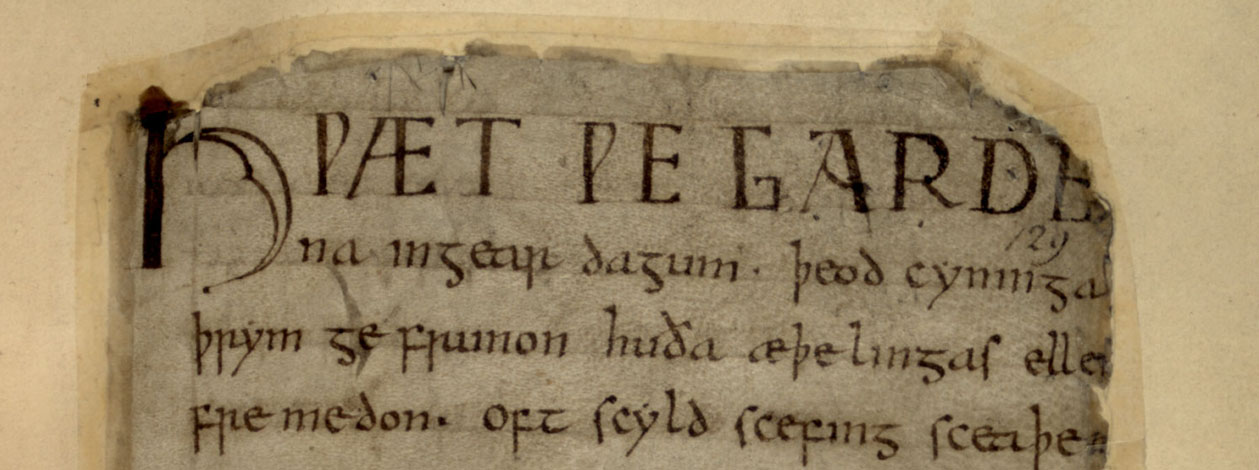In 1997 and 1998, The Digital Humanities Institute undertook various projects to assist the British Library in updating the catalogues of the manuscript library of Sir Robert Cotton (1586-1631). Cotton assembled one of the richest collections of manuscripts of English origin from the Anglo-Saxon and medieval periods, including two of the original letters patent by which Magna Carta was promulgated, the only known medieval manuscripts of such literary masterpieces as Beowulf and Sir Gawain and the Green Knight, such outstanding works of art as The Lindisfarne Gospels, as well as an important collection of Tudor state papers.
The Library was bequeathed to the nation by Sir Robert’s grandson in 1700, was badly damaged by fire in 1731, and formed one of the foundation collections of the British Museum at its establishment in 1753.
The current working catalogue for this collection was compiled by Joseph Planta in the 1790s and published in 1801. The Digital Humanities Institute undertook scanning and keyboarding of Planta’s catalogue, both in order to make Planta available on-line as part of the British Library’s Manuscripts On-line Catalogue and also to help in the process of revising Planta’s work. Between 1990 and 1997 a British Library project, partly funded by the Leverhulme Trust, undertook research into the publication history of the Cotton manuscripts. The research officer for this project was Dr Nigel Ramsay. The bibliographical information gathered between 1990 and 1997 by Dr Ramsay was converted to SGML format by The Digital Humanities Institute. These entries represent only a partial bibliography of publications of manuscripts in the collection, but were intended to provide first building blocks for a new catalogue.
Duration: 1990 – 1997
Related Links
Project Team
- Prof. Andrew Prescott (Director)
- Dr Estelle Stubbs (Research Associate – University of Sheffield)
- Michael Pidd (The Digital Humanities Institute)
